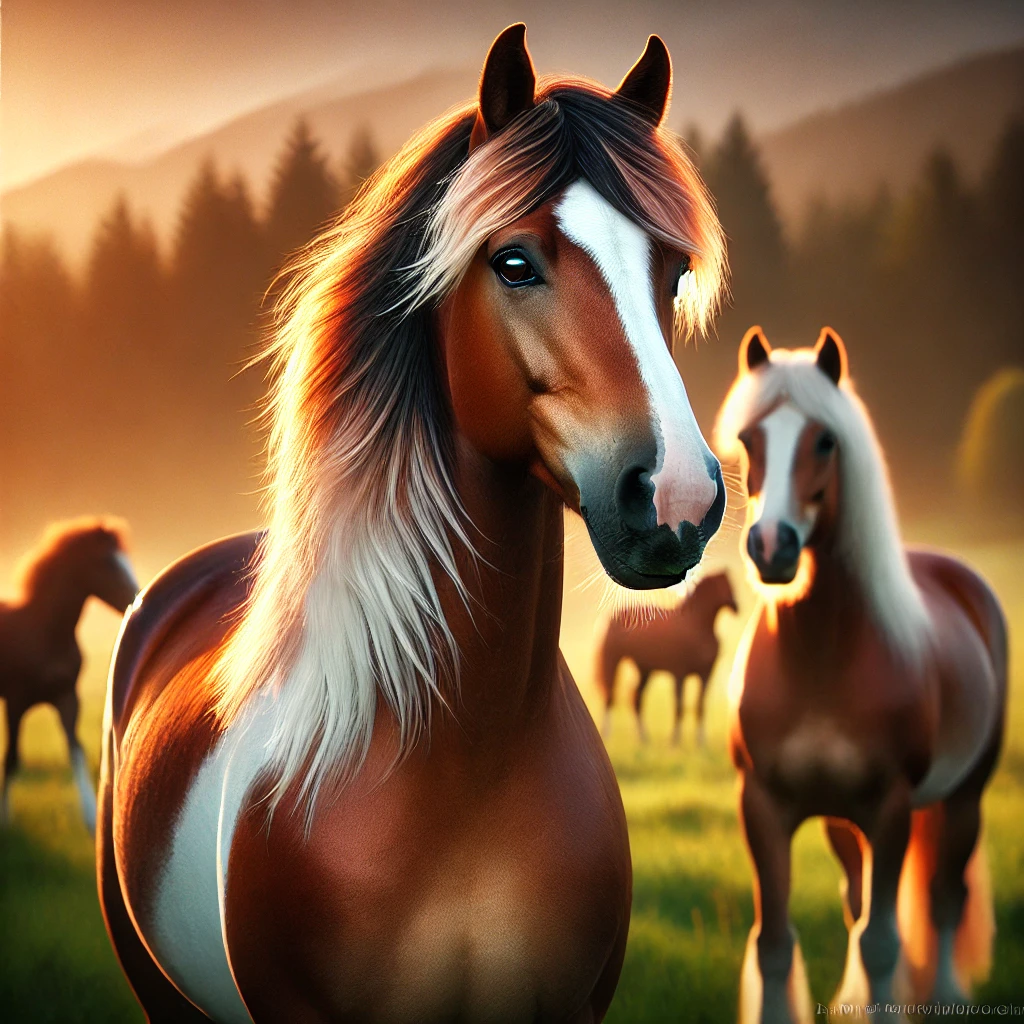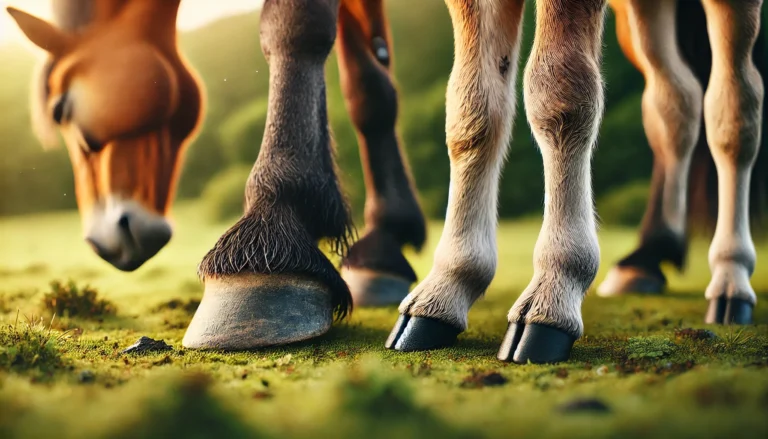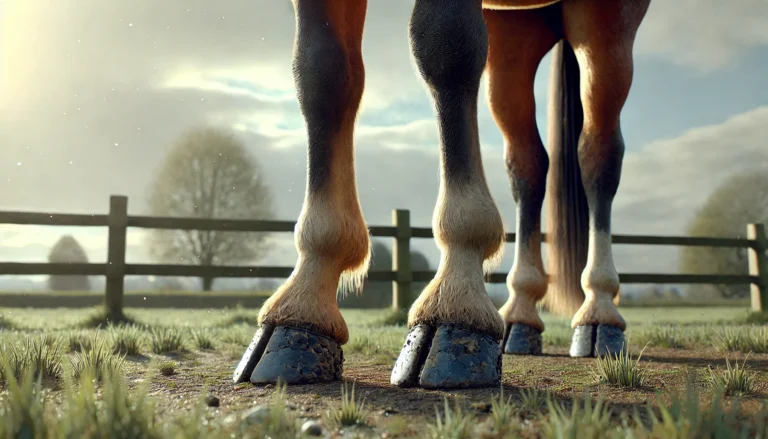(horse age span)-How Long Do Horses Live?

Horse Age Span:The average lifespan of a domestic horse is between 25 and 30 years. However, some horses may live longer, especially if they receive excellent care. In rare cases, horses have been known to live to be 40 years or older. The life expectancy of a horse age span depends on various factors such as breed, genetics, diet, exercise, and overall healthcare.
Factors That Affect horse age span
Genetics
Genetics play a significant role in a horse’s lifespan. Some breeds are genetically predisposed to live longer than others. For instance, Arabian horses are known for their longevity, often reaching 30 to 35 years or more, while heavier breeds like Clydesdales typically have a shorter lifespan of about 20-25 years.
Care and Maintenance
Proper care and maintenance significantly influence a horse age span. Regular veterinary check-ups, a balanced diet, and proper exercise are crucial for ensuring a horse lives a long, healthy life. Horses that receive regular hoof care, vaccinations, and grooming tend to have fewer health problems and enjoy a longer lifespan.
Lifestyle and Environment
The environment in which a horse lives also affects its health and lifespan. horse age span that are kept in a clean, safe environment with ample space for exercise are more likely to live longer than those confined to small spaces. Furthermore, climate can impact the horse’s overall health, and horses in warmer climates may experience different challenges compared to those in colder regions.
Common Horse Breeds and Their Lifespan
Different horse breeds have different average lifespans. Below, we’ll explore some common breeds and their typical life expectancies.
Light Horses
Thoroughbreds
Thoroughbreds are known for their speed and agility, often used in racing. Their lifespan is generally between 25 and 28 years. However, racehorses tend to face more physical challenges, including injuries, which may affect their lifespan. Despite this, with proper care, many Thoroughbreds live long, healthy lives after their racing careers.
Arabians
Arabian horses are renowned for their endurance and longevity. They are one of the longest-living breeds, with an average lifespan of 30 to 35 years. Their hardy nature and resistance to disease contribute to their long life expectancy.
Draft Horses
Clydesdales
Clydesdales, known for their strength and large size, typically live between 20 and 25 years. Due to their larger size, they may experience more joint and mobility issues as they age, which can impact their longevity.

Ponies
Shetland Ponies
Shetland ponies have a reputation for being sturdy and hardy. They often live 25 to 30 years, with some reaching even older ages if given proper care. Ponies generally have fewer health problems as they are not prone to the same conditions as larger horses.
Health Conditions That Affect Horse Lifespan
Horses, like any living creatures, can experience various health conditions that may affect their lifespan. Understanding these health issues and addressing them early is vital to improving your horse’s quality of life.
Common Diseases
Colic
Colic is one of the most common and serious conditions that affect horses, often causing significant pain and discomfort. It can range from mild to severe and, if left untreated, can lead to death. Horses that suffer from colic require immediate veterinary attention.
Laminitis
Laminitis is a painful and potentially fatal condition that affects a horse’s hooves, causing inflammation in the tissues that support the hoof. It’s often linked to obesity or excessive grain consumption. Managing a horse’s diet and providing proper hoof care can help prevent laminitis.
Cushings Disease
Cushings Disease is a hormonal disorder that affects older horses, leading to symptoms such as excessive thirst, weight loss, and abnormal coat growth. With proper management and medication, horses with Cushings Disease can live a relatively normal life.
The Role of Veterinary Care
Regular veterinary check-ups are essential to maintaining a horse’s health and extending its lifespan. Here’s why:
Regular Checkups
Annual vet visits are important to ensure that your horse is in good health. Regular vaccinations, dental exams, and parasite control are necessary to prevent diseases and maintain optimal health.
Managing Age-Related Illnesses
As horses age, their health needs change. Senior horses may need special care, such as joint supplements, changes in diet, and more frequent check-ups to monitor for conditions like arthritis and vision problems.
How to Extend the Lifespan of Your Horse
With proper care and maintenance, horses can live a long and healthy life. Here are some tips for extending the lifespan of your horse:
Proper Nutrition
Horses need a balanced diet to maintain their health and longevity. Here are some important considerations for feeding your horse:
- Hay and Grass: High-quality hay and fresh pasture are the foundation of a horse’s diet.
- Grains: Depending on your horse’s activity level, it may need supplemental grains or concentrates.
- Supplements: Older horses may require joint supplements or other specialized nutrients to help with aging joints and muscles.
Exercise and Physical Activity
Regular exercise is important for a horse’s physical health. Even as horses age, maintaining a moderate exercise routine can help preserve muscle tone and joint function. Regular exercise also prevents obesity, which can lead to various health problems.
Managing Stress and Mental Health
Just as with physical health, mental health is crucial for a horse’s overall well-being. Horses are social animals, so providing companionship and mental stimulation is important for their happiness. Reducing stress can prevent behavioral issues and promote a longer, healthier life.
do you know
Laminitis in horses, commonly known as “foundering,” is a severe and debilitating condition affecting the hoof structure of horses. This guide is meticulously crafted to provide horse owners, veterinarians, and equine caretakers with detailed insights into laminitis in horses,
Common Myths About Horse Lifespan
Do Horses Live Longer in the Wild?
While some may believe that wild horses live longer than domesticated ones, the reality is that horses in the wild face many dangers, including predators, food scarcity, and extreme weather conditions. Wild horses often live shorter lives due to these factors. Domestic horses, on the other hand, receive better nutrition, healthcare, and shelter, which can help them live longer.
Can Horses Live to 50 Years Old?
While rare, there have been reports of horses living past 40 years, but reaching 50 is extremely uncommon. The record lifespan for a horse is 62 years, but this is a unique case. With excellent care and good genetics, it is possible for horses to live into their 40s, but 50 is an exceptional outlier.
Signs Your Horse May Be Aging
As horses grow older, they undergo various physical and behavioral changes. Recognizing these changes can help you provide better care for your aging horse.
Physical Changes
- Deteriorating Teeth: As horse age span, their teeth become worn down and can develop problems, such as dental decay or missing teeth. Regular dental checkups are necessary to ensure your horse can continue to eat properly.
- Changes in Coat and Skin: Older horses may develop a dull coat or become more prone to skin conditions like sarcoids or melanomas.
Behavioral Changes
- Slower Movement and Joint Pain: Arthritis and joint pain are common in older horses, leading to slower movement and stiffness. Providing joint supplements and pain management can help alleviate discomfort.
- Reduced Appetite or Weight Loss: Older horses may lose interest in food, which could be due to dental problems or other health issues. Monitoring their weight and providing palatable, soft food can help.
End-of-Life Considerations for Horses
As your horse ages, it’s important to consider their quality of life and when it might be time to say goodbye.
Knowing When It’s Time to Say Goodbye
Recognizing severe health problems, such as the inability to eat, drink, or stand, can indicate that it’s time to consider euthanasia. Consulting with your veterinarian will help you make the best decision for your horse age span.
Providing Comfort in the Last Stages
If your horse age span is aging or terminally ill, ensuring their comfort during their final stages is important. Make sure they have soft bedding, are pain-free, and have the companionship they need.
Conclusion
In conclusion, the horse age span depends on numerous factors such as breed, genetics, care, and environment. On average, horses live between 25 and 30 years, but with proper care, some horses can live well into their 30s or even 40s. Regular veterinary check-ups, a balanced diet, appropriate exercise, and mental stimulation are essential for
Can a horse live to 40 years old?
Yes, it is possible for a horse to live up to 40 years old, although it is quite rare. The horse age span typically ranges from 25 to 30 years, but with excellent care, some horses can surpass this. Horses like Arabians are known for their longevity, with some reaching 35 to 40 years. The key to extending a horse’s life includes regular veterinary care, a balanced diet, appropriate exercise, and minimizing health issues. Horses living to 40 years are exceptional, but with the right conditions, some horses can enjoy long lives beyond the usual expectations.
Is a 20-year-old horse too old to ride?
A 20-year-old horse is not necessarily too old to ride, but several factors should be considered before deciding to ride a horse of that age. The horse age span includes various stages of life, and by 20 years, a horse may begin to show signs of aging, such as joint stiffness or reduced stamina. If the horse is in good health, has been properly trained, and doesn’t have any significant physical issues, light riding or low-intensity exercises can still be enjoyable and beneficial. However, it’s crucial to consult with a veterinarian to ensure that the horse is fit for riding.
How old is a 20-year-old horse in human years?
To calculate how old a 20-year-old horse is in human years, you can apply the general conversion rule that one horse year equals approximately three human years after the first couple of years of life. Thus, a 20-year-old horse would be about 60 years old in human terms. However, the rate of aging in horses varies throughout their life, particularly during the first two years. In the early stages, horses age faster than humans, and their horse age span gradually aligns more closely with human aging as they reach maturity.
How old was the oldest horse?
The oldest horse ever recorded was Old Billy, a Clydesdale who lived to be an incredible 62 years old. While the typical horse age span is around 25 to 30 years, Old Billy defied the odds, living well beyond the average. His longevity remains a remarkable outlier, but it highlights that with the right genetics, environment, and care, horses can live much longer than expected. Though rare, some horses have been known to live into their 40s, and Old Billy’s age continues to stand as a testament to extraordinary horse longevity.
How long do horses sleep?
Horses sleep for around 2 to 5 hours a day, although this can vary depending on their age, health, and activity levels. Their sleep is usually broken into short periods throughout the day and night, with some horses resting in a lying position while others sleep while standing. The horse age span can affect sleep patterns, with younger horses generally requiring more rest compared to older ones. As horses age, their sleep cycles might become more irregular, and some older horses may spend more time resting but less time in deep sleep compared to their younger counterparts.
What is the age limit for a horse?
There is no definitive age limit for a horse, but the horse age span typically ranges from 25 to 30 years on average. Some horses can live beyond 30 years, and in rare cases, horses can live into their 40s with optimal care. The age limit of a horse depends on many factors, including its breed, genetics, health care, and lifestyle. Senior horses, while not as physically active as younger ones, can still enjoy life if properly managed. The key is to monitor their health closely, adjust their exercise levels, and provide regular veterinary care as they age.
How long are horses pregnant?
A horse’s pregnancy typically lasts for 340 days, or about 11 months. The exact length of pregnancy can vary slightly depending on factors such as the mare’s breed and health. During this period, the horse age span can affect how a mare carries her foal. Older mares may have different pregnancy experiences compared to younger ones, requiring more attention and care. Foals are typically born in the spring, and the health and well-being of the mare throughout pregnancy play a critical role in the development and future health of the foal.


